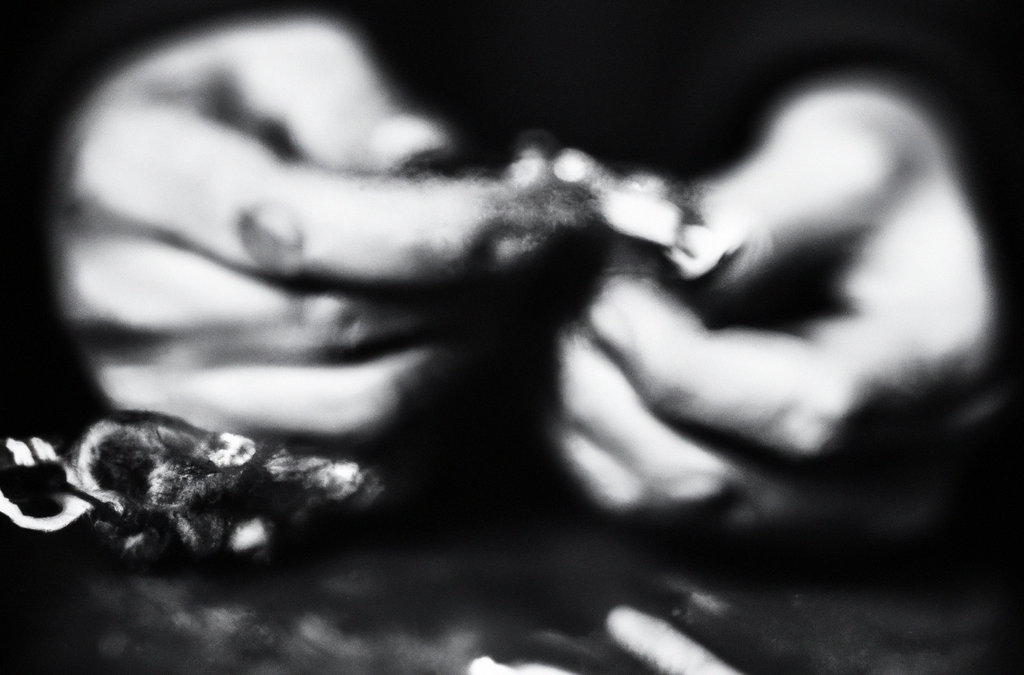Crack Cocaine Addiction
855 339 1112
Crack Cocaine Addiction and Abuse
Crack cocaine is a hard, mineral-like substance with an off-white tint. It is made by mixing the powder form of cocaine with baking soda or ammonia.
Crack Cocaine Abuse and Effects , Crack Cocaine Addiction, Rehab is Your Best Chance
Crack cocaine is so potent that an addiction can develop after the first use. Understanding crack cocaine addiction and its effects is one of the first steps in solving the problem.
Crack cocaine is a hard, mineral-like substance with an off-white tint. It is made by mixing the powder form of cocaine with baking soda or ammonia. The mixture is then heated with a lighter or torch until it heats into a “rocky” form that is known as crack.
Users take crack cocaine by vaporizing it in a glass pipe and inhaling the substance. Others use soda cans or aluminum foil to heat it. Some recreational users inject crack to get an even more intense high.
The name “crack cocaine” comes from the cracking or popping sound that the substance makes when heated. Other street names include rocks, base, candy, kryptonite, cookies, sleet, hard, or sometimes just crack.
In 2006, crack cocaine was the primary drug of abuse in 178,475 admissions to treatment. This represents 71 percent of all primary cocaine admissions to treatment that year.
Crack Cocaine Abuse and Effects
Because crack cocaine is an illicit substance, any use of this drug is considered abuse. Crack cocaine reaches the brain more quickly because it is smoked rather than snorted, which means it produces an intense and immediate high.
After taking crack, a person may exhibit symptoms such as euphoria, hyperactivity, tension, talkativeness, excessive confidence, and other uncharacteristic behavior. Due to crack cocaine’s potency, there is a high risk of fatal overdose from using this drug. In fact, a person can overdose on crack even if it is their first time taking it.
The need to experience crack’s pleasant, short-lived effects is what leads people to continuously abuse this drug. Thus, every time a person takes crack, they are at risk of an overdose.
If someone displays symptoms like dilated pupils and excessive sweating, they may be having an overdose. Someone who has overdosed may suffer from anxiety, aggression, seizures, rapid heart rate, chest pain, nausea, seizure, hallucinations, and stroke. Those with kidney problems or high blood pressure have a higher risk of fatal complications caused by smoking crack.

Crack Cocaine Addiction
Crack is far more potent than regular cocaine. It is also therefore more addictive than regular cocaine. An addiction to crack develops rapidly—with many people becoming addicted after the first time they try it. Because the high they experience is so intense, they suddenly need more of the drug to maintain it. Eventually, the user needs to keep taking the drug just to feel normal.
Once addiction takes hold of a person, they also start becoming dependent on the drug. When they do, they become unable to quit without going through withdrawal. Strong cravings and withdrawal symptoms make it difficult for the person to recover without professional medical help.
An addicted individual will prioritize the drug over everything else. They will neglect their responsibilities and keep on seeking out the drug even when they are already experiencing its negative effects. The user may feel like crack is the only source of pleasure in the world. But just like how the brain is rewired to become dependent on crack cocaine, it can also be “rewired” to return to its original way of functioning.
If someone in the family is struggling with drug or alcohol addiction, it is important to seek help. A combination of medical detox and behavioral therapy can go a long way in the fight against substance abuse. But because every individual is affected by addiction differently, a comprehensive program tailored to their specific needs is necessary. Look for a nearby addiction treatment facility today and find out how drug treatment programs work.
Rehab is Your Best Chance
Treatment is an addicted individualʼs best option if they want to recover. Beating an addiction not only requires eliminating the physical dependence, but also addressing the behavioral factors that prevent them from wanting to get better. Simply quitting may not change the psychological aspect of addiction. Some people quit for a while, and then take drugs or alcohol again, only to overdose because they did not detox properly. Recovery involves changing the way the patient feels, thinks, and behaves.









